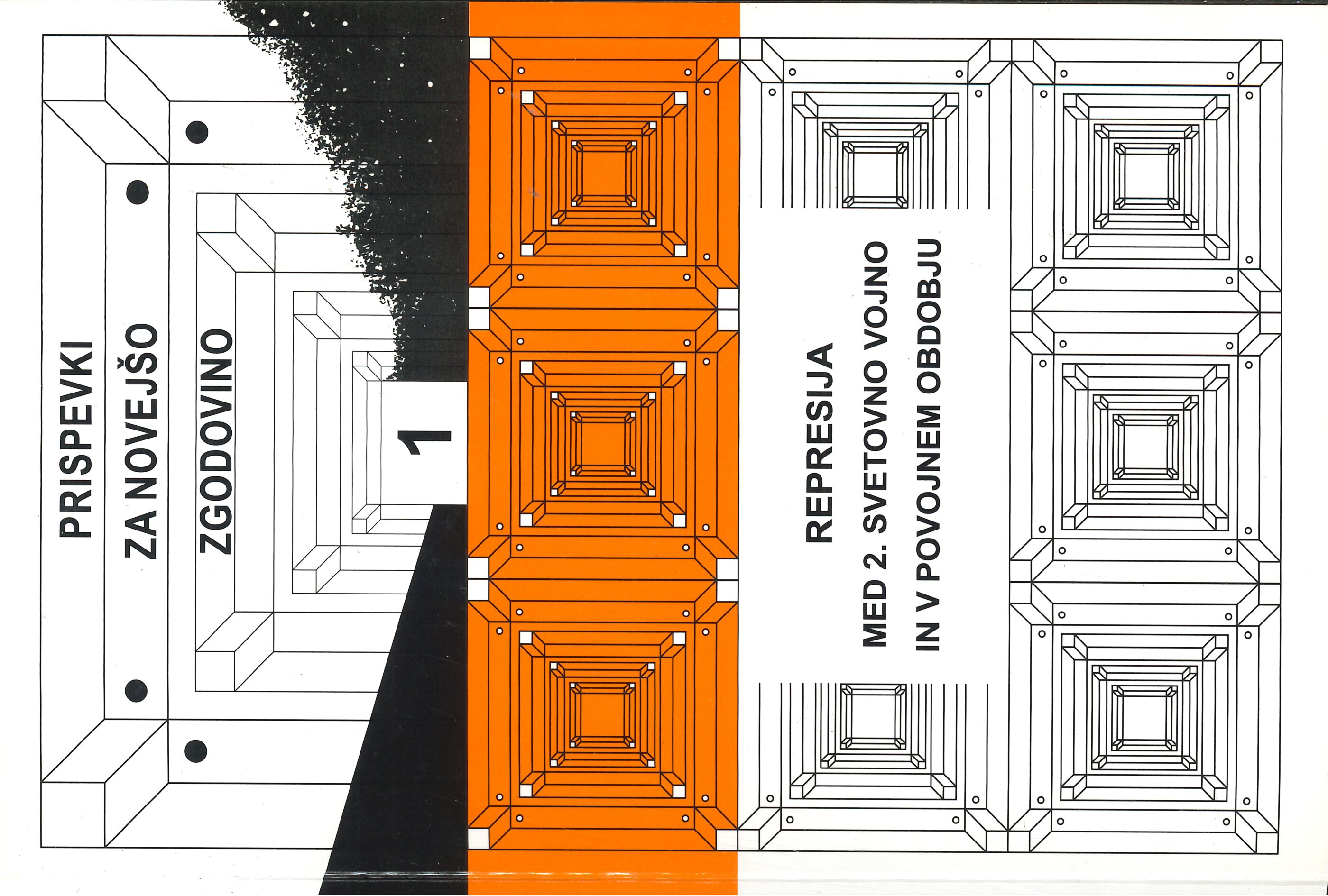Spoznanja zgodovine − nauk za boljše razumevanje ali sredstvo za politično obračunavanje
Keywords:
Slovenia, law, history, national reconciliationAbstract
REALISATIONS OF HISTORY – LESSONS IN BETTER UNDERSTANDING OR THE MEANS OF POLITICAL CONFRONTATION
The author – lawyer and professor of criminal law – explores the attitude to World War II and reconciliation, a topic dividing Slovenians politically ever since World War II and especially after the Slovenian attainment of independence and restoration of political plurality. He establishes that the fact that we have different standpoints is not problematic. What represents a problem is that those who are currently in power understand their position as an opportunity to seize all of the state and social mechanisms with the ambition of controlling and supervising everything, including history. The author believes that historians and lawyers, especially experts in criminal law, are brought together by a similar task: the search for truth, in the sense referred to in law as a historical event. He emphasises that historians are enforcing an elementary idea by seeking the truth about the individual disputable events, times and people; while lawyers attempt to achieve positive results with supposedly preventive norms of national and international criminal law. The state and status of today's international criminal law is the result of the developments in the last twenty years or so, when after the fall of the Berlin Wall the circumstances facilitated the process of the establishment of the rule of law, which is to replace the arbitrary and vengeful right of the stronger with a legitimate, legal, credible and just trials in front of international courts.
Downloads
Published
Issue
Section
License
Authors who publish with this journal agree to the following terms:
- Authors retain copyright and grant the journal right of first publication with the work simultaneously licensed under a Creative Commons Attribution License that allows others to share the work with an acknowledgement of the work's authorship and initial publication in this journal.
- Authors are able to enter into separate, additional contractual arrangements for the non-exclusive distribution of the journal's published version of the work (e.g., post it to an institutional repository or publish it in a book), with an acknowledgement of its initial publication in this journal.
- Authors are permitted and encouraged to post their work online (e.g., in institutional repositories or on their website) prior to and during the submission process, as it can lead to productive exchanges, as well as earlier and greater citation of published work (See The Effect of Open Access).


